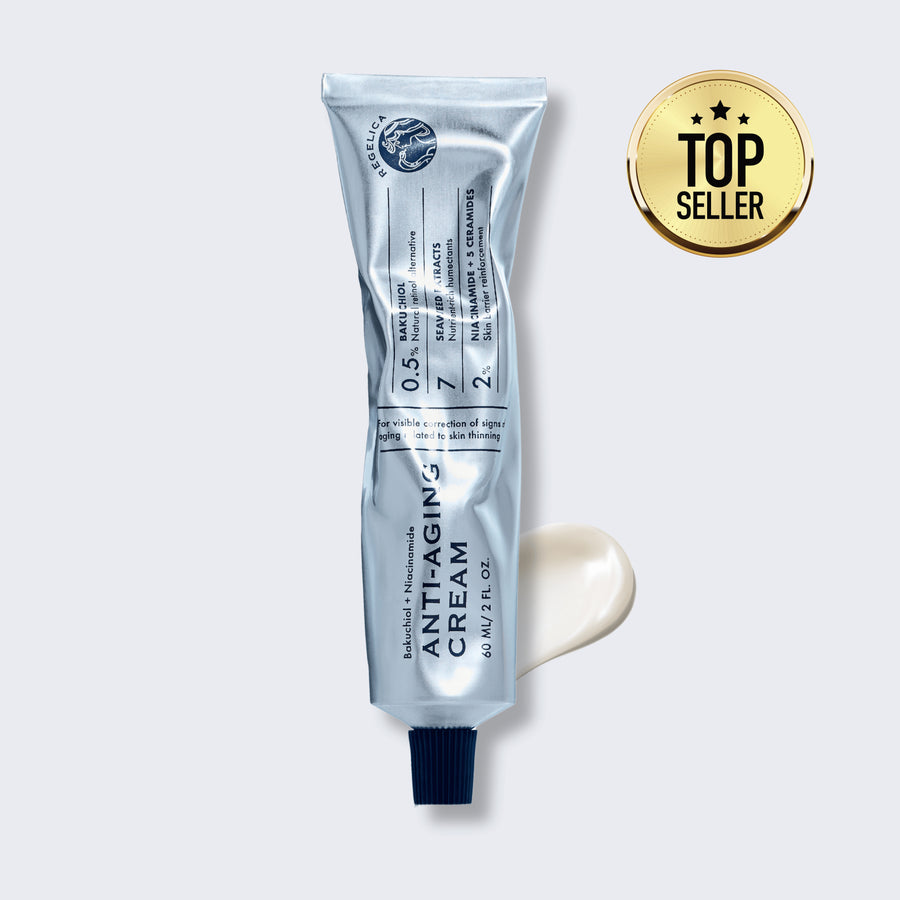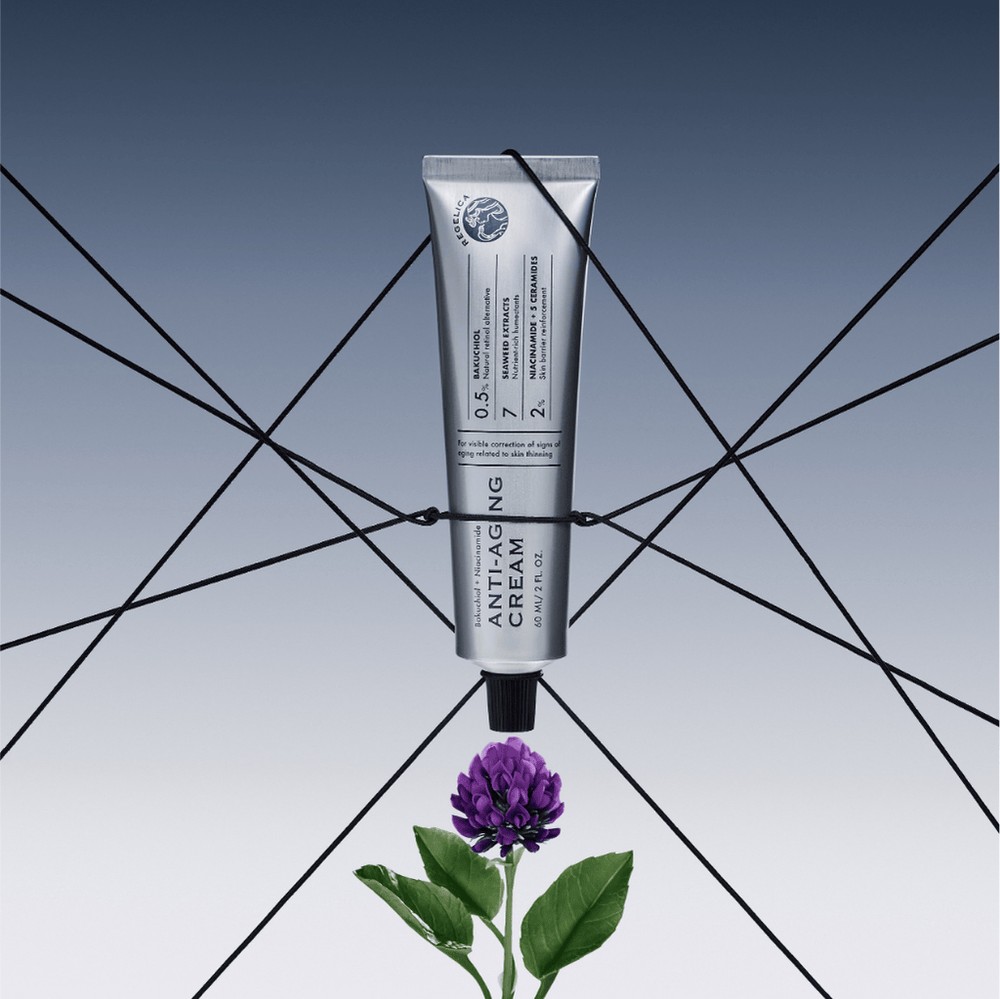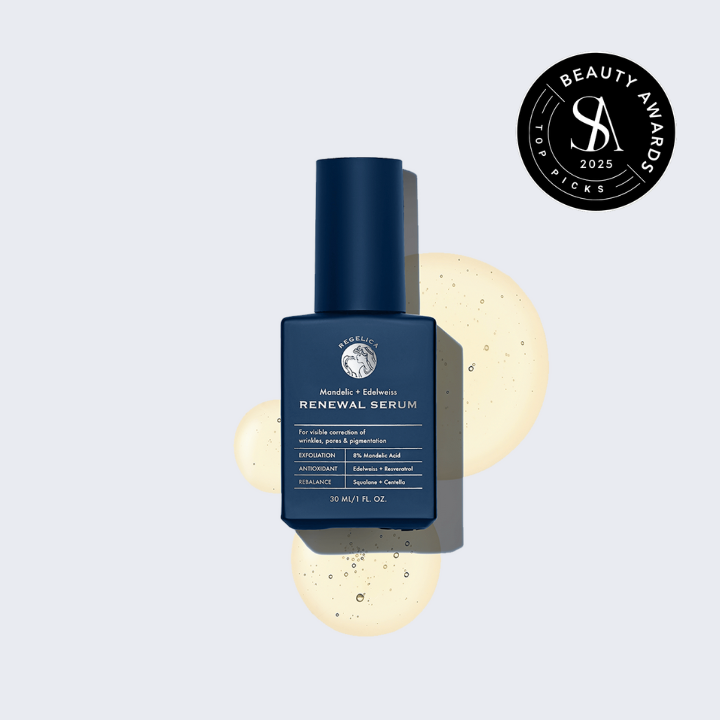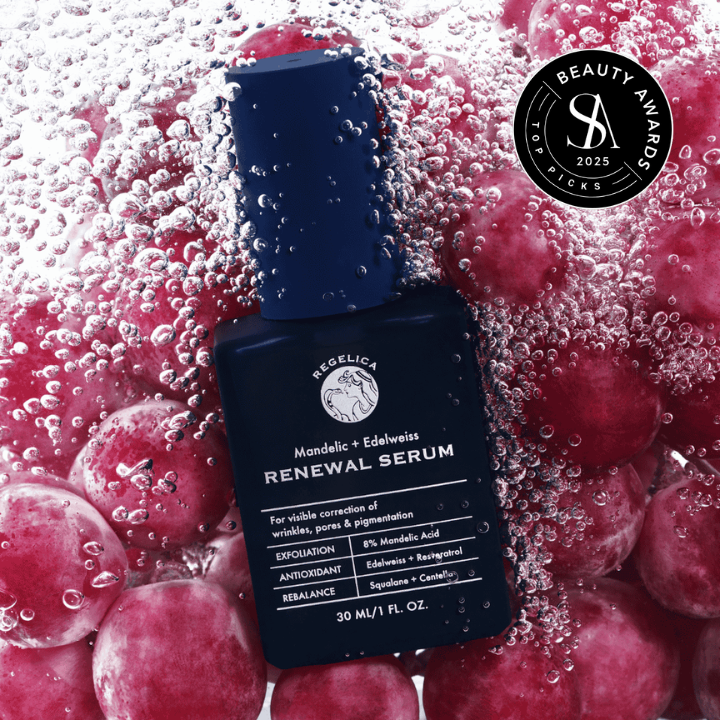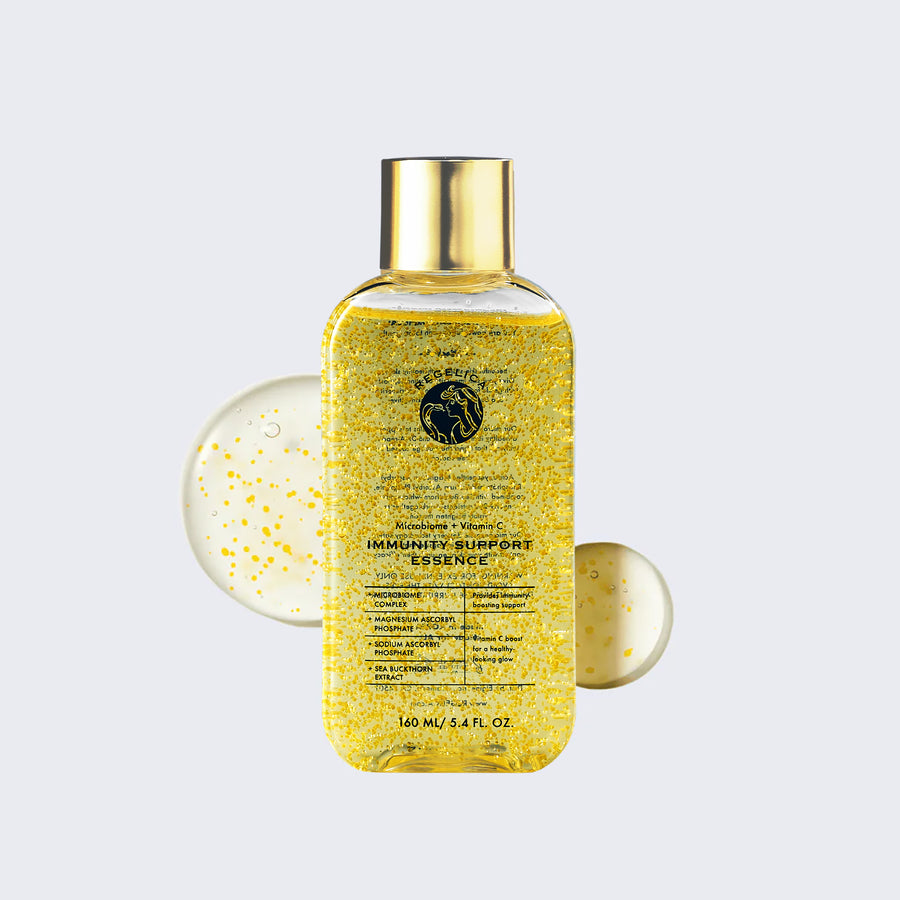What is Skin Immunity and How to Improve Its Function?
The skin reflects our body’s overall health: dehydration leads to dryness, fatigue manifests as dullness, and stress or poor diet can cause breakouts or inflammation. However, many overlook a crucial aspect: our immune system extends beyond internal functions. Our skin, the body's largest organ, serves as a primary defense mechanism against external threats.
What is Skin Immunity?
Skin immunity is a complex defense system that includes physical barriers, immune cells, and signaling molecules. It protects the body from infections, allergens, and environmental damage.

Components of Skin Immunity
- Skin Barrier
The skin barrier is the physical shield that prevents harmful substances, such as bacteria, viruses, and allergens, from entering the body while retaining moisture. A healthy skin barrier allows immune cells to focus on real threats rather than becoming overwhelmed by constant irritation. When the barrier is compromised—due to damage or dehydration—the immune response can become overactive, leading to inflammation, sensitivity, or infections.
- Macrophages
Macrophages are specialized immune cells in the skin that act like "cleaners" or "guards." Their role is to locate and "consume" harmful invaders such as bacteria, viruses, or dead cells. After digesting these particles, they help initiate the healing process and signal other immune cells to respond if necessary.
- Dendritic Cells
Dendritic cells are another type of immune cell that functions as "scouts" or "messengers." They patrol the skin, detect threats like viruses or toxins, and alert the immune system by presenting what the invader looks like, helping the body mount an effective response.
Skin Immunity and the Skin Microbiome
When discussing immune systems, the microbiome often comes to mind. The skin microbiome comprises trillions of beneficial microorganisms (bacteria, fungi, viruses) residing on and inside our bodies, particularly in areas like the gut, skin, and mouth. These microbes communicate with immune cells, aid in developing and training the immune system, and maintain a healthy balance by combating harmful pathogens.
Skincare trends frequently reflect advancements in overall body health. Just as we witnessed the rise of Vitamin C, B, A, and other antioxidants in topical products, at Regelica, we believe the next big wave will center around ingredients that support the microbiome.
Extensive research indicates that the microbiome plays a critical role in our health. For instance, specific bacteria in our gut have been linked to how well patients respond to cancer treatments, prompting the development of new therapies aimed at modifying the microbiome to enhance these responses.
However, research on the skin microbiome is still in its early stages. Scientists are increasingly focused on how to harness the skin microbiome to create new therapies. Future treatments may involve probiotics (beneficial bacteria) or prebiotics (substances that promote the growth of beneficial bacteria) to restore balance and improve skin health. By better understanding the microbiome's interaction with the skin, researchers hope to develop more effective treatments for both common and complex skin conditions.

How to Improve Skin Immunity
Understanding the structure of skin immunity allows us to identify ways to reinforce its functions:
- Reinforce the Skin Barrier: Look for formulations that include ceramides, fatty acids, and cholesterol.
- Minimize Inflammation: Chronic inflammation can weaken the skin's immune response. Skincare products containing anti-inflammatory ingredients like niacinamide or plant extracts such as centella and edelweiss can help reduce inflammation and support overall skin health.
- Avoid Harsh Chemicals: Harsh soaps, cleansers, and antiseptics can disrupt the microbiome. It's recommended to use gentle, microbiome-friendly skincare products that preserve the natural microbial balance.
- Support the Skin Microbiome: Use products that promote a healthy microbiome, such as those containing probiotics or prebiotics, to maintain a balanced microbial environment on the skin.
- Maintain Microbiome-Friendly pH: Keep the skin's surface slightly acidic (around pH 4.5-5.5) to support beneficial bacteria. This can be achieved with pH-balanced products, avoiding harsh cleansers and over-exfoliation, and incorporating prebiotics, probiotics, and hydration into your skincare routine.
- Protect Against Free Radical Damage: Incorporate antioxidants like gentle forms of Vitamin C and Resveratrol.
Skincare Products for Strong Skin Immunity
By understanding what affects immune functions, you can build a routine that preserves your skin immunity:
- Gentle Cleanser: Look for products within the pH range that won’t disrupt the skin’s immunity layer. Avoid those containing SLS and sulfates.
- pH-Restoring Essence or Toner
- Antioxidant Serums and Essences
- Skin Barrier-Reinforcing Moisturizer
- Broad-Spectrum Sunscreen
At Regelica, we developed a product that addresses several of these needs and serves as an excellent immunity-supporting base for your routine. The Regelica Microbiome & Vitamin C Immunity Support Essence is a fantastic addition to your post-cleansing routine, as it helps:
- Restore pH balance
- Provide microbiome and antioxidant support
- Hydrate and nourish the skin
The Role of Lifestyle in Skin Immunity
Apart from topical products, lifestyle choices play a critical role in supporting skin immunity. Proper hydration, a balanced diet rich in antioxidants and essential fatty acids, regular exercise, and adequate sleep all contribute to maintaining a strong skin barrier and healthy immune function. High stress levels and lack of sleep, for instance, can increase cortisol production, weakening the skin's defense and making it more prone to irritation and inflammation. Incorporating stress-relief practices, such as meditation or yoga, can also benefit overall skin health.




